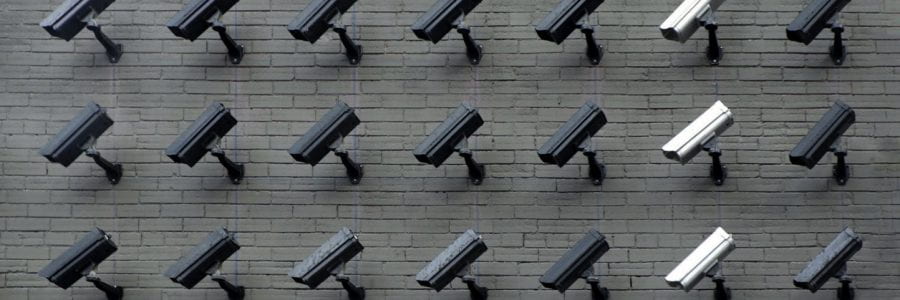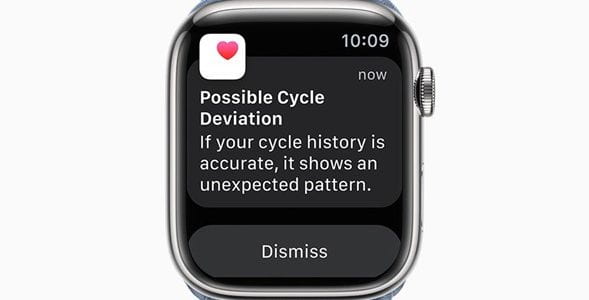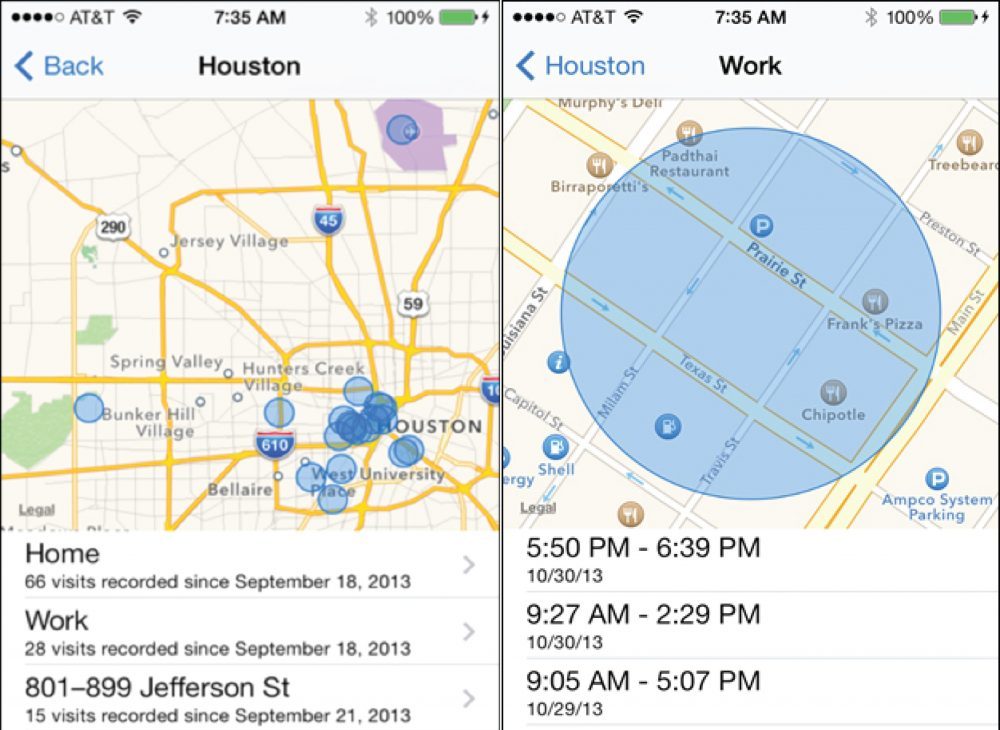Fourth Amendment Protection: How Technological Advancements Warrant More Judicial Oversight
By: Andrew Cammarano The Fourth Amendment states that the people have the right to be “secure in their persons, houses, papers, and effects, against unreasonable searches and seizures, shall not be violated,” aimed to protect citizens from warrantless searches. Obviously, technology has changed drastically from the ratification of this amendment in 1789 with the introduction… Read More Fourth Amendment Protection: How Technological Advancements Warrant More Judicial Oversight








You must be logged in to post a comment.